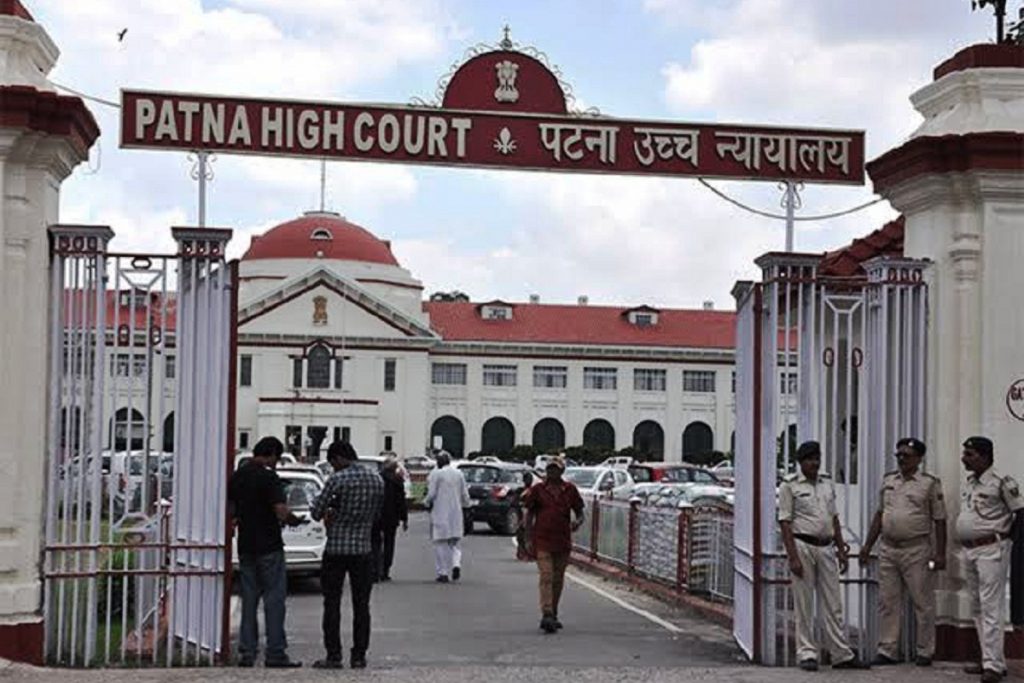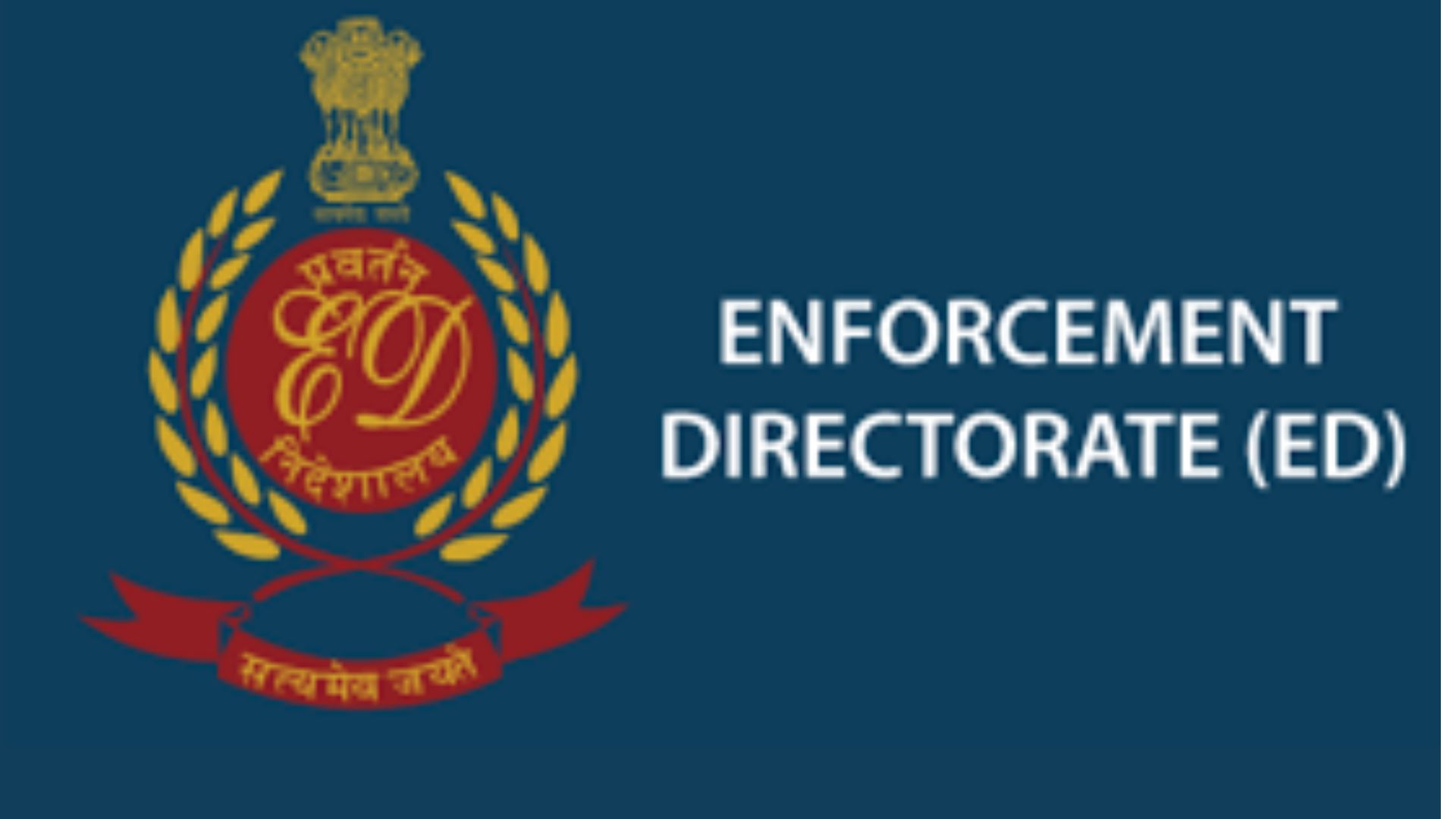
The Patna High Court in the case observed wherein the Public Interest Litigation, PIL has been filed challenging the recent amendment passed by the Bihar Legislature in order to increase the reservation for Backward Classes, Extremely Backward Classes, Scheduled Castes, and Scheduled Tribes from the existing 50% to 65%.
The petitioner in the plea challenged the constitutional validity of the Bihar Reservation (for Scheduled Castes, Scheduled Tribes, and Other Back Classes) (Amendment) Act, 2023, and the Bihar (in admission in educational institutions) Reservation (Amendment) Act, 2023. Thus, the petitioner also seeks the stay of these enactments, as an interim relief.
The court stated that the Bihar State Legislature enacted the Acts of 2023 on 10.11.2023 and it received the Governor’s Assent on 18.11.2023.
It has been notified by the Government that the act on 21.11.2023, through the Bihar Gazette.
The petitioner in the plea contended that the amendments are based on proportional reservation derived from the Caste Census conducted by the state. Thus, the census calculated the population of the Backward Classes of SC, ST, OBC, and EBC in the State of Bihar to be 63.13%.
The petitioners, Gaurav Kumar and Naman Sherstra contended before the court that the Constitutional mandate as stated under Article 16(4) of the Constitution of India, wherein it requires the reservation which is to be based on adequate representation of the Socially and Educationally Backward Class rather than the proportional representation of these classes within a specific state.
The plea stated that the 2023 Act passed by the Respondent State is in violation of Article 16 (1) of the Constitution of India, wherein it provides an equality opportunity for all citizens in matters which relates to the employment or appointment to any office under the State and Article 15 (1) of the Constitution of India which prohibits any kind of under the State and Article 15 (1) which prohibits any kind of discrimination.
Further, the petitioner in the plea stated that the 2023 Acts passed by the Respondent State violates the upper ceiling of 50 percent as set by the Hon’ble Supreme Court in Indira Sawhney, Supra and that the Respondent State has miserably failed to address the exceptional circumstances whatsoever that led to increase the ceiling of reservation beyond So percent and therefore the 2023 Acts is in violation of the law laid down by the Hon’ble Supreme Court in the aforesaid judgment.
It has also been stated that the 2023 Acts passed by the State is in violation of Article 14 and Article 15 of the Constitution of India as the same suffers unreasonableness and manifest arbitrariness.
The counsel, Advocate Alok Kumar and served to the Advocate General’s Office on November 24, 2023.














